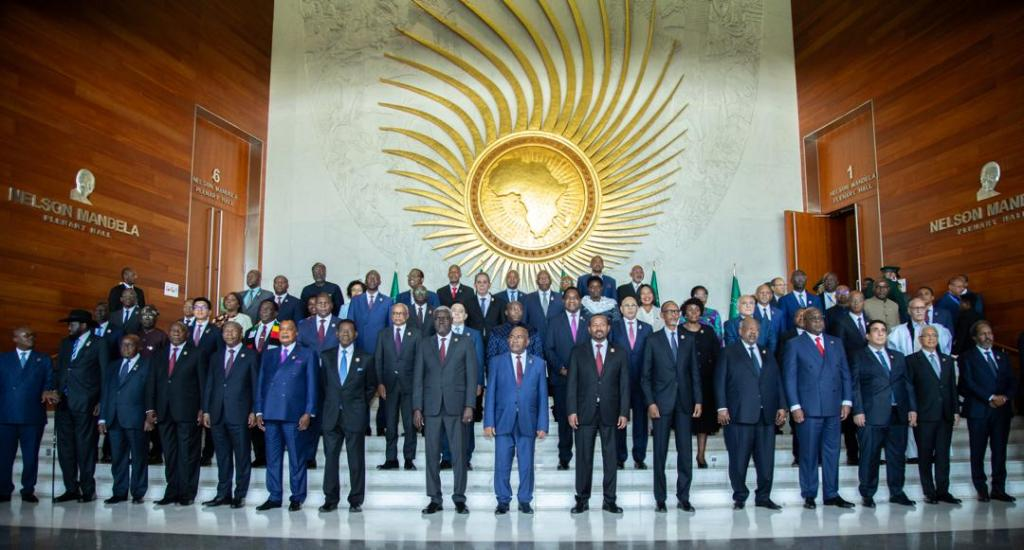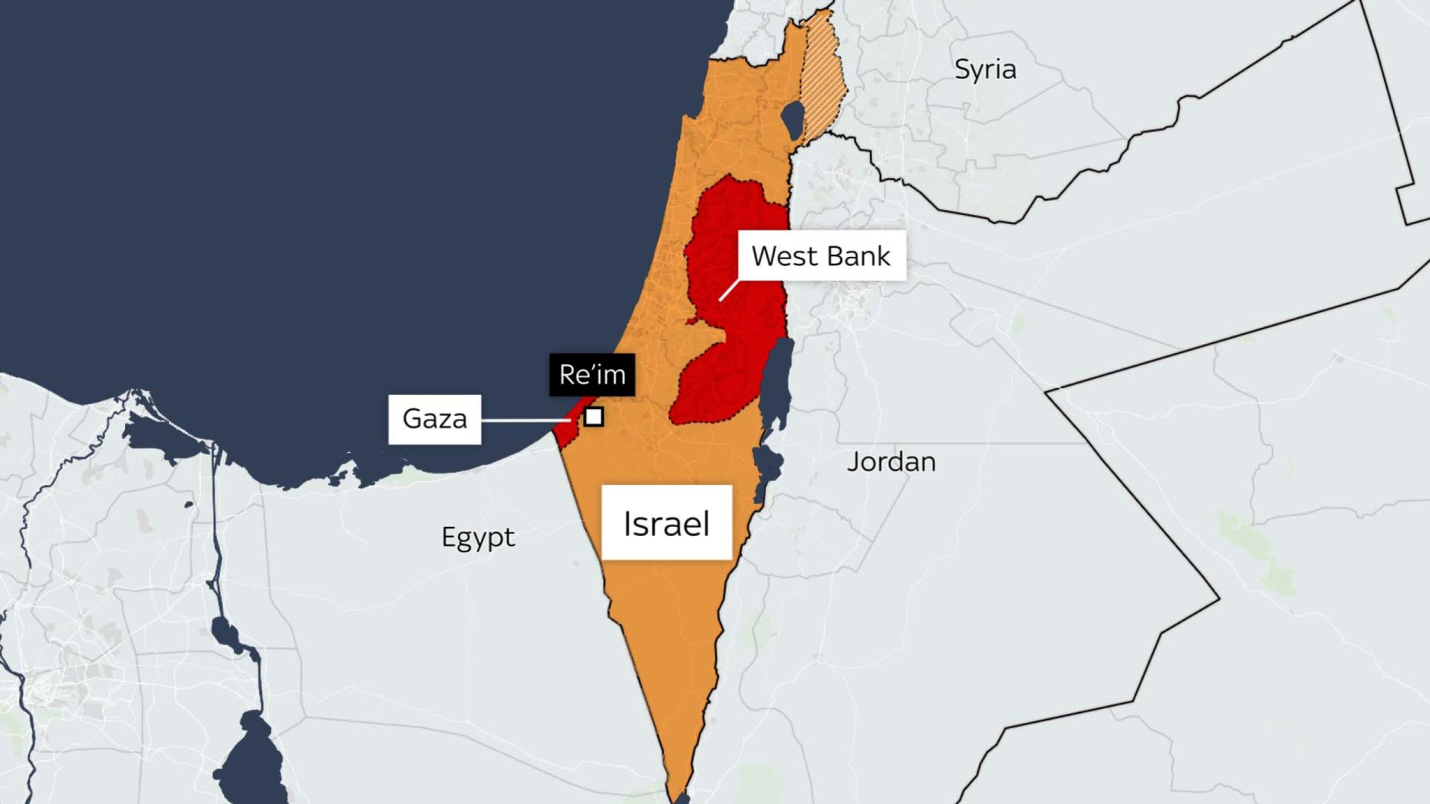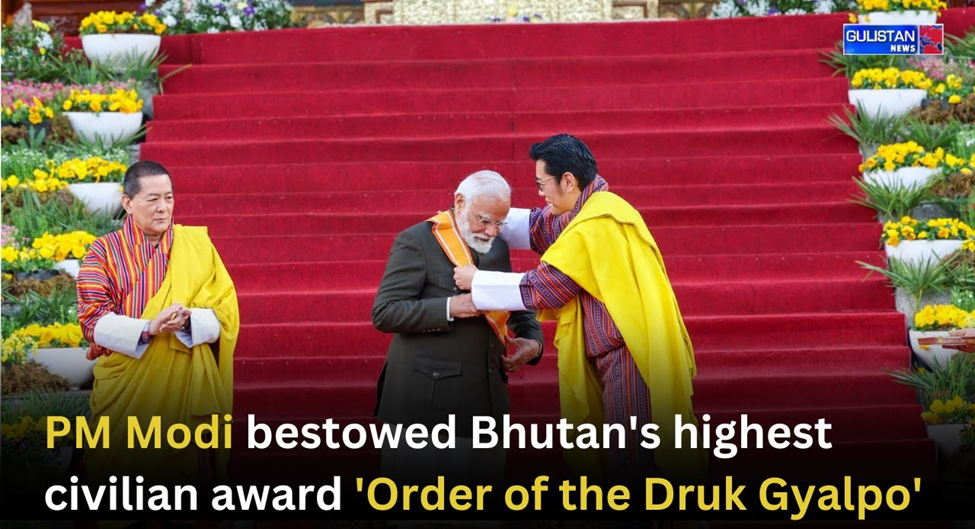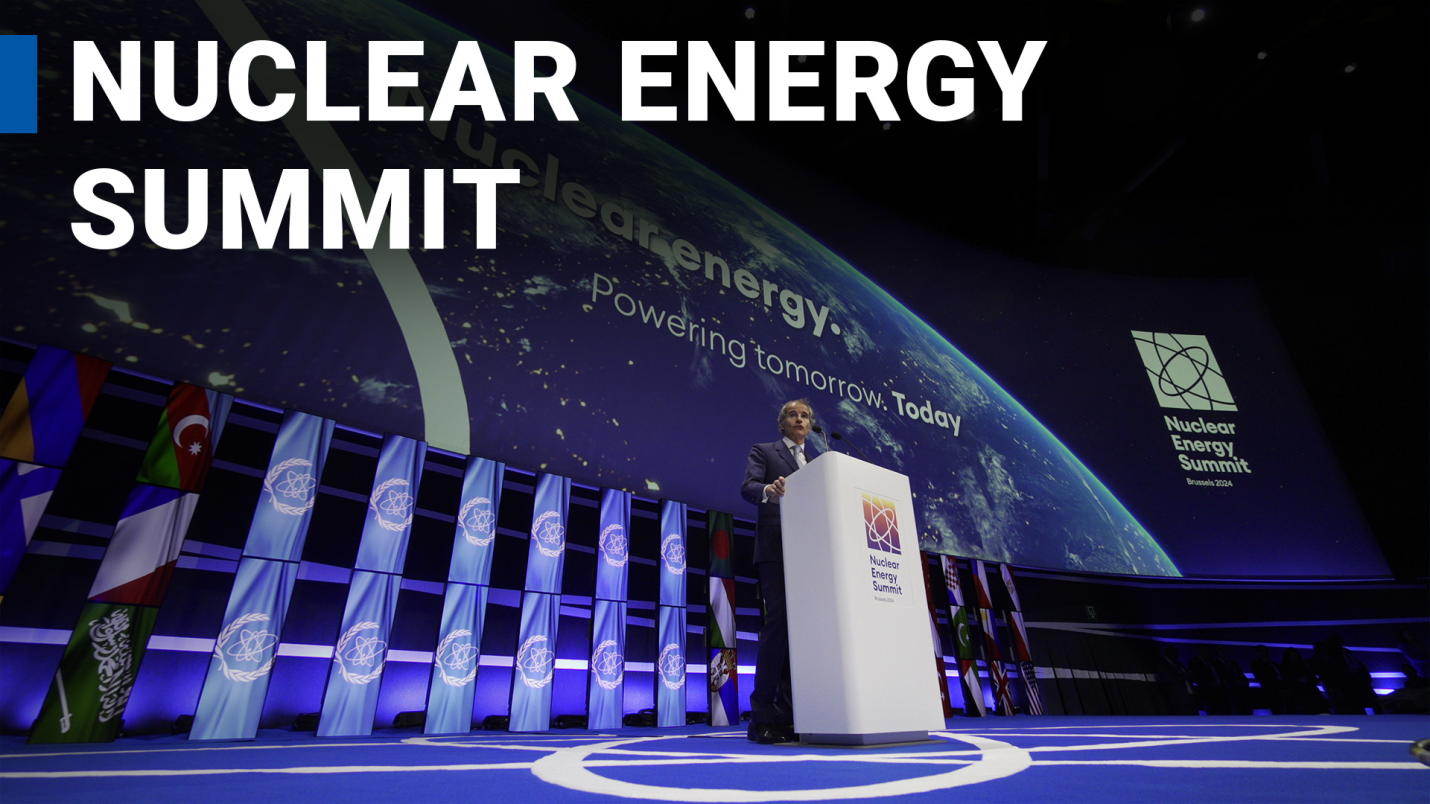





Copyright infringement not intended
Picture Courtesy: https://www.downtoearth.org.in/news/africa/african-leaders-demand-financial-systems-reform-launch-africa-club-at-37th-african-union-summit-94687
Context: African leaders at the 37th African Union Summit stressed the need for changes to the global financial system to better address the specific needs of African countries, particularly regarding climate change and development.
Details
Launch of Alliance of African Multilateral Financial Institutions, 'Africa Club'
Establishing African Union Financial Institutions
African Leaders' Demands for Financial System Reforms
Leaders outlined priorities for addressing structural imbalances in the global financial architecture, including:
Presidential Dialogue on Africa’s Agenda for Global Financial Architecture Reform
Proposals by the President of Ghana
|
African Union |
|
|
Key Points |
Description |
|
Formation |
Established in July 2001, in Addis Ababa, Ethiopia |
|
Membership |
55 member states, representing all of Africa |
|
Objectives |
Unity and solidarity among African countries Peace, security, and stability on the continent Socio-economic integration and development Advocate for Africa's interests globally |
|
Decision Making Bodies |
Assembly of the Union (heads of state/government) Executive Council (foreign ministers) Pan-African Parliament (legislative body) |
|
AU Commission |
Serves as the secretariat of the AU, responsible for the implementation of policies and decisions. Led by a Chairperson and includes Commissioners in charge of various portfolios such as peace and security, political affairs, and social affairs. |
|
AU Peace and Security Council (PSC) |
Established to prevent conflicts, promote peacekeeping efforts, and facilitate post-conflict reconstruction. It has 15 members, elected by the Assembly, and operates similarly to the United Nations Security Council in addressing peace and security issues on the continent. |
|
Economic Community Regions (RECs) |
The AU is divided into several Regional Economic Communities (RECs) to promote economic integration and development within specific geographic regions, fostering collaboration and shared economic objectives among member states. |
|
Key Initiatives |
Agenda 2063: A strategic framework for the socio-economic transformation of the continent, outlining aspirations for development over the next 50 years. African Continental Free Trade Area (AfCFTA): Aims to create a single market for goods and services across the continent, enhancing intra-Africa trade and fostering economic integration. |
|
Recent Developments |
The AU granted full member status to the Group of 20 (G20), indicating Africa's growing influence on the global stage. Launch of the Alliance of African Multilateral Financial Institutions (Africa Club). |
Conclusion
Must Read Articles:
AFRICAN UNION TO JOIN G-20: https://www.iasgyan.in/daily-current-affairs/african-union-to-join-g-20
|
PRACTICE QUESTION Q. India has expertise in agricultural development relevant to Africa's needs. However, critics argue that some Indian agricultural practices prioritize rapid expansion over long-term sustainability. How can India and the AU balance immediate food security needs with environmental concerns and ensure agricultural partnerships are truly sustainable? |











© 2025 iasgyan. All right reserved